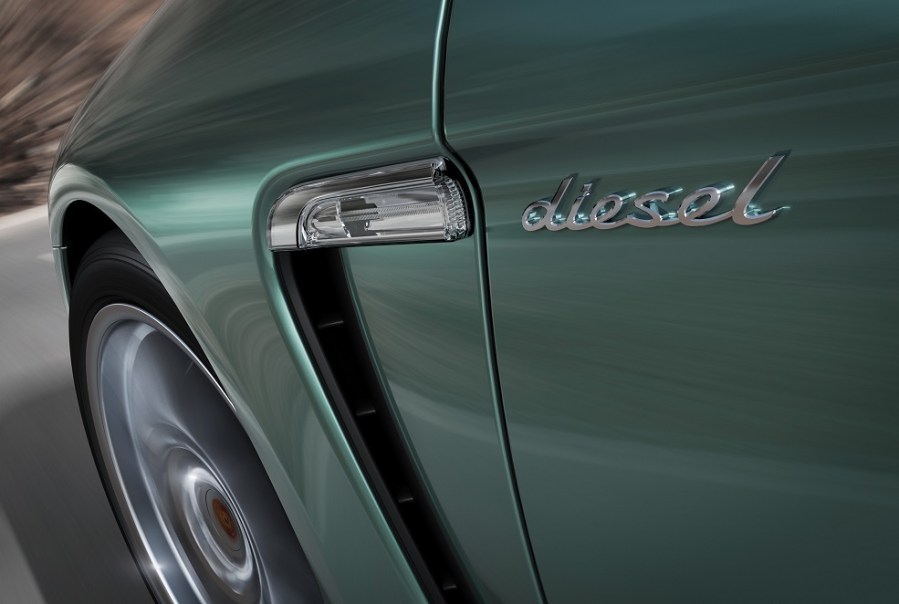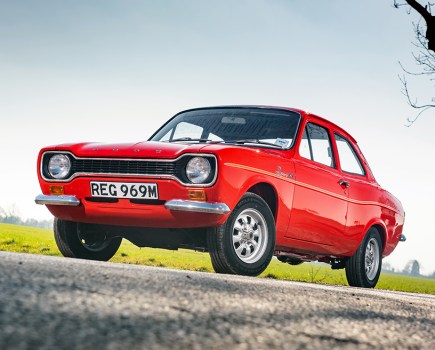With manufacturers dropping models and increasing exclusions from clean air zones, it’s not been a good time for diesel cars recently. But perhaps the turn away from diesel hasn’t had the desired effect – quite the opposite in fact, with new figures revealing that average CO2 emissions have increased in 20 of the 23 markets analysed.
The total average of CO2 emissions increased by 2.4 g/km to 120.5 g/km in 2018 – the highest for four years. The analysis, carried out by JATO Dynamics, found a direct correlation between diesel car registrations and average CO2 emissions. The shift from diesel to petrol cars has accelerated the negative trend, with average emissions for the latter 3.2g/km higher than the former.
The total value of CO2 emissions was on a steady decline from 2007, but started to slowdown in 2016 as sales growth of diesel cars dropped from seven per cent to one per cent. This pattern was confirmed in 2017 with the first average CO2 emission increase in years of 0.3 g/km, and an eight per cent drop in demand for diesel cars. Last year saw an even greater variation between demand for diesel (-18 per cent) and an increase in CO2 emissions of 2.4 g/km.
Felipe Munoz, JATO’s global analyst, said: commented: “The increase in CO2 is certainly worrying and bad news for governments and most carmakers. The positive effect of diesel cars on emissions has faded away as their demand has dropped dramatically during the last year. Instead of moving forwards, the industry is regressing at a time when emissions targets are getting tougher.”
Only three countries saw improvements in CO2 emissions: Norway, Netherlands and Finland. In Norway, the growing popularity of electric and hybrid cars (57 per cent market share) was large enough to absorb the drop posted by diesel cars, while in the Netherlands the improvement was due to a 74 per cent increase in demand for AFVs. The worst performance was seen in the UK, which has carried out one of the most aggressive campaigns against diesel.
But that isn’t the sole reason for the increase. Consumers in Europe are opting for the vehicles with the highest emissions, with the lowest emission segments (city-cars and subcompacts) losing out in sales to SUVs in particular.
So, it seems the vogue for modern petrol cars accelerated by demonisation of diesel and other older vehicles hasn’t worked so well after all. Perhaps there’s a future for the black plump – and a glimmer of hope that modern diesels cars might survive to reach classic status – after all.





